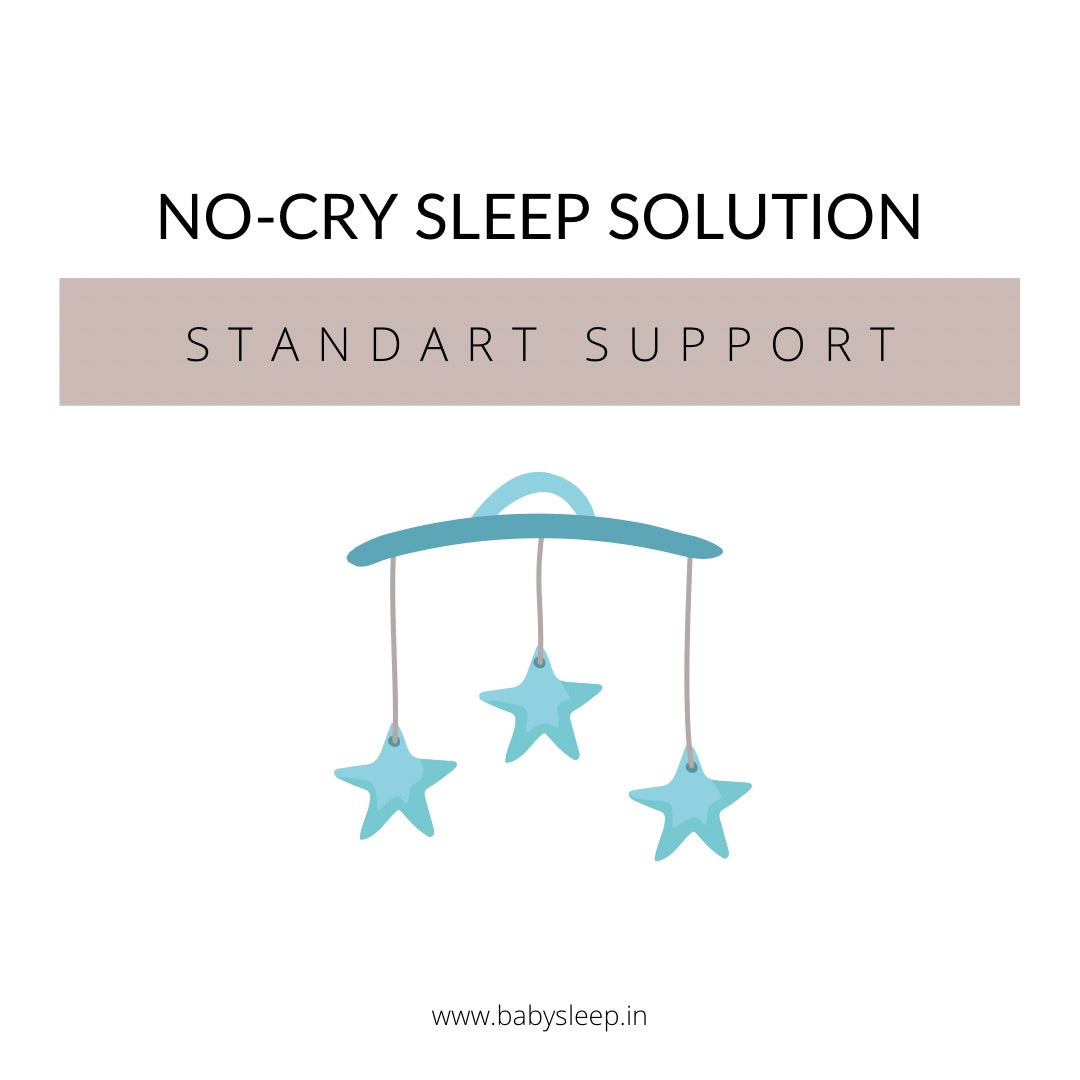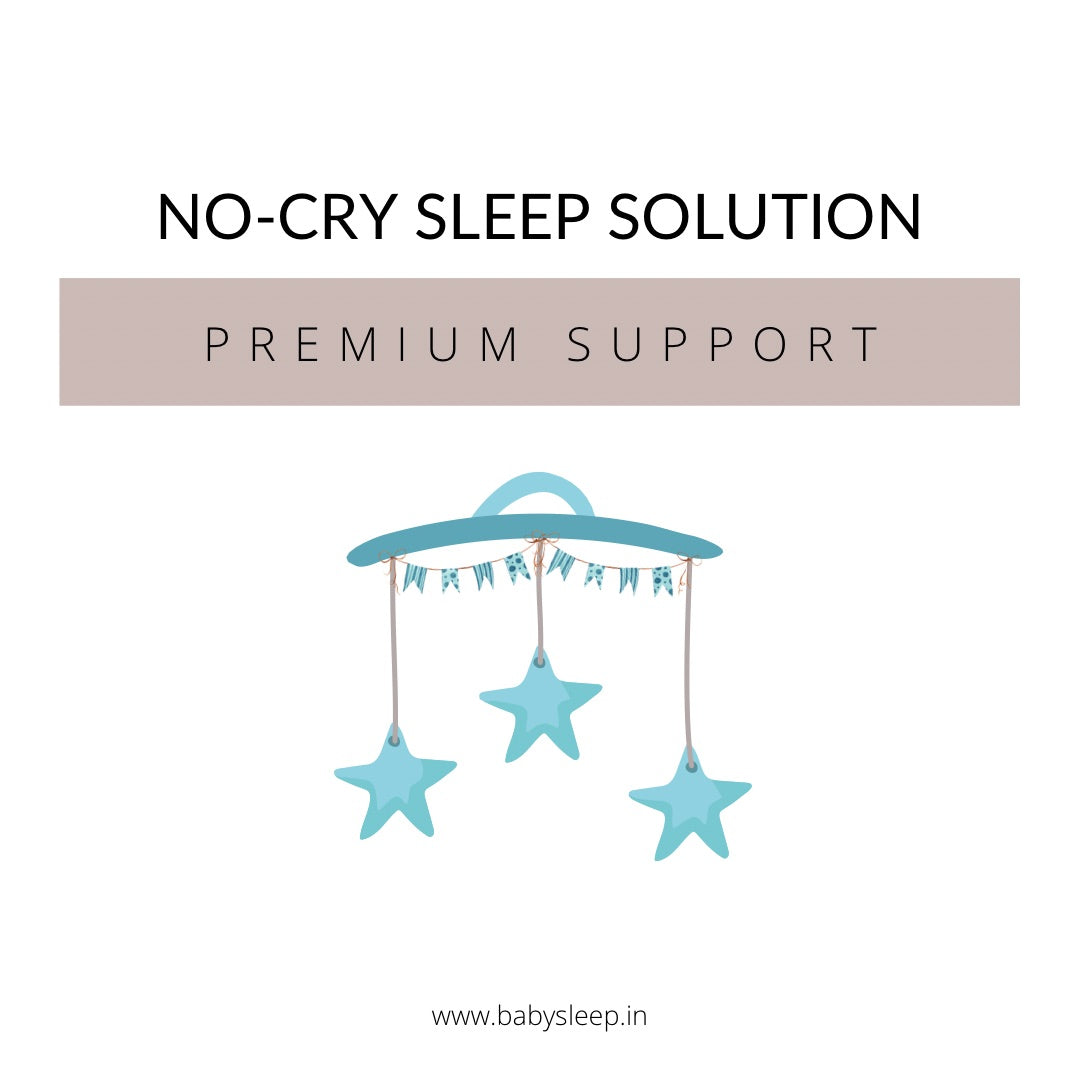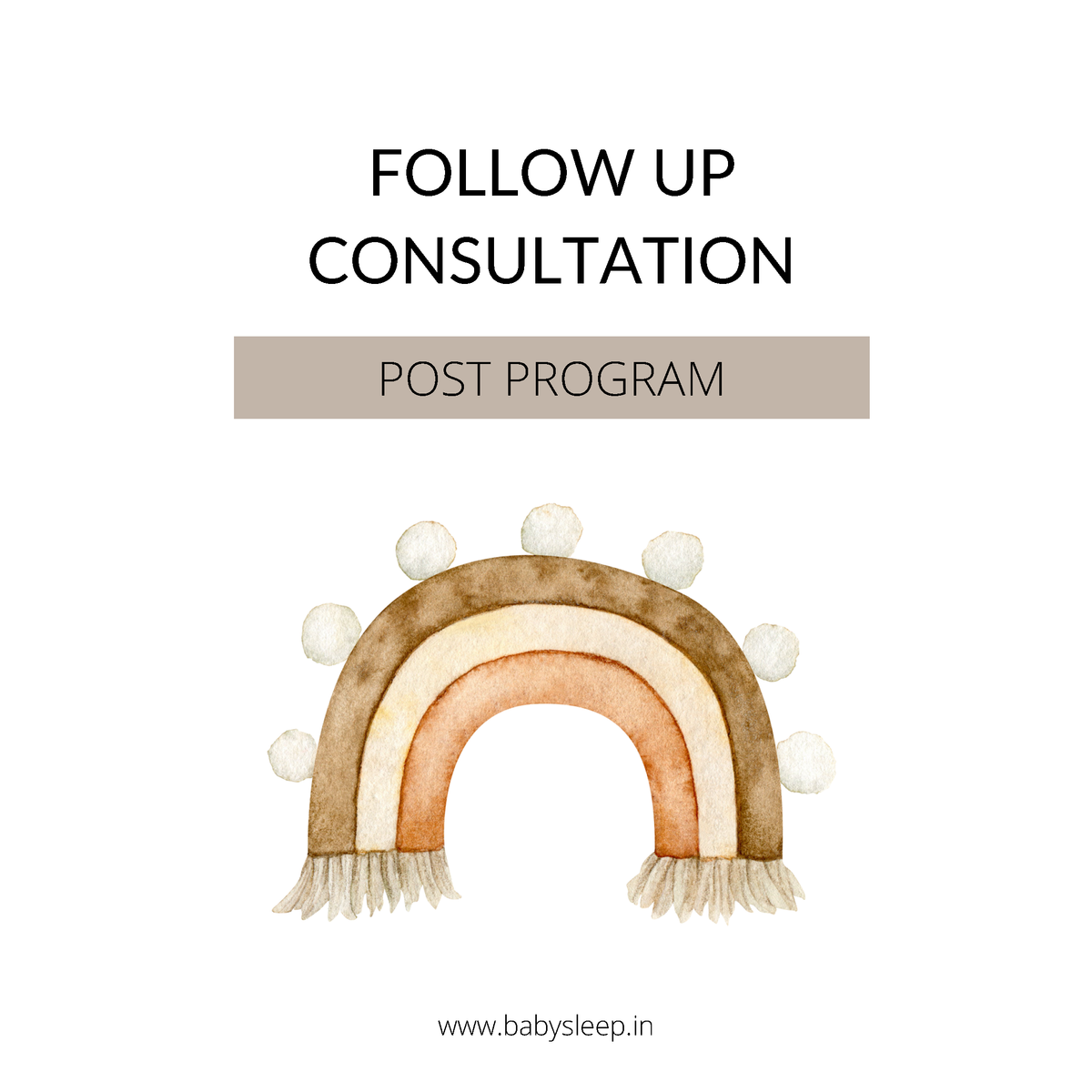There’s no single “right” way to parent your child. How you parent, will depend on how you were raised, how you see others parenting, and even on your cultural background.
Before that, you need to know main parenting styles:
Authoritative, Authoritarian, Attachment, Permissive, Free range parenting, Helicopter, Uninvolved parenting.
1. AUTHORITATIVE PARENTING:
This parents does:
• set clear and consistent rules and boundaries
• have reasonable expectations for children
• listen to input from your child
• gives positive feedback
PROS:
• rate higher on mental health scores, self-esteem and quality of life
• kids are mentally healthier: most doesn’t face abuse, engagement in unhealthy sexual behaviour, violence
CONS:
• it requires a lot of patience and effort
• rules have to be adjusted, what is hard for kids
EXAMPLES:
• your teenager thinks 9 pm curfew is too early, so you both agree upon one you both think is fair
• kid comes home with a C mark on test that you know they studied for. You praise your child for what they did right, but encourage them to do better next time.
2. AUTHORITARIAN PARENTING:
These parents focus on keeping kids in line, so they can be their best selves. This parent do:
• set strict rules and expect kid to follow it
• punish physically and/or emotionally
• have high expectations and expect kid meet them every single time
• don’t encourage open communication
PROS:
• child knows their boundaries
CONS:
• kids don’t see their parents as legitimate authority figures
• kids likely to engage in such behaviors: smoking, skipping school, and underage drinking
• likely to be depressed, have lower grades
EXAMPLES:
• parent using intimidation/fear to get your child to do things - “Clean your room or I’ll throw out all your toys” or “If I get a bad mark, you’ll get a spanking.”
• child asks why they can’t have friends over or have a cookie for dessert. Your reply: “Because I said so!”
3. ATTACHMENT PARENTING:
Attachment parenting is a child-centric parenting in which you create a safe environment for your child.
• you have a lot of physical contact with your child
• you respond to your child’s needs without hesitation: you soothe, comfort, and support in order to make your child feel safe and loved
PROS:
• child will have such a qualities as: independence, resilience, less stress, empathy, will be able to control their emotions
CONS:
• this parenting can become all consuming: you may have to miss a lot of outings, and have little time for yourself
• co-sleeping, as it’s not recommend by WHO and can lead to SIDS
EXAMPLES:
• baby has a nightmare and wants to sleep in your bed. You allow it.
• baby cries and fusses.
You immediately go and comfort them, leaving all other things behind.
4. PERMISSIVE PARENTING:
Permissive parents are generally loving and nurturing. There are two main tenets to permissive parenting: You don’t have (or even want) to control.
And your kids have complete freedom to make mistakes, and learn from those mistakes. Those parents do:
• don’t set strict limits or boundaries
• don’t always attempt to control your children
• having only few simple rules
• allow your children to make many of their own decisions
PROS:
• children raised without limits, can praise their upbringing and credit it with developing them into independent, decision-making adults (in good case)
CONS:
• one of study found that this kids had more perceived stress and were less mentally healthy
• other research shows that permissive parenting may lead to obesity (as child allow to eat what he want), and cavities - in result
• can become a victim of bullies. Bullies tend to be the children of authoritarian parents.
• permissive parenting can lead to teenage drinking
EXAMPLES:
• your schooler wants to skip school today. You think: ok, it’s their decision to make.
• you found cigarette in teenager backpack. You think: I wish my kids would make better choices- and say nothing.
5. HELICOPTER PARENTING:
This type of parenting mostly followed in traditional counties (such as India as well), where this examples setting up from parent to child. This type of parents literally coming in every aspect of their kid’s life: from selecting friends kids should have, to cloth he need to wear today. They do:
• do control almost all situations
• having lack confidence in their child
• constantly offer guidance to their children
• jump in to solve their children’s problems
PROS:
• kids who know their parents are monitoring their behavior are less likely to fall into bad habits such as smoking/drinking
CONS:
• making kids feel stifled and dependent
• kids having lack self-confidence and self-esteem
• lead to high level of anxiety and depression as adults
• have a fear of failure
• be poor problem solvers in adulthood
EXAMPLES:
• your schooler fails a test. You go directly to the teacher and ask to retake it
• you feeding your baby yourself, despite on his age he already can do it himself. Same with cloth changing, toys playing
• your child is having a playdate. You tell the kids what they should play and who gets to go first. Then you referee the game and constantly correcting kids
6. NEGLECTFUL PARENTING:
This parenting isn’t typically a conscious choice (f.e: single mom with 2 jobs). Or parent choose to give very less attention: parent doesn’t know child’s favorite color, food, or best friend. They do:
• are emotionally or physically absent from child’s life
• feel indifferent towards the child, possibly due to situations outside of the parents’ control
• don’t take care of the child’s physical and emotional needs beyond the basics
• can act dismissively and having less responsiveness
• may be physically abusive
PROS:
• very rare (1 of 100 kids can learn how it’s shouldn’t be)
CONS:
• have trouble controlling their emotions, mostly depressed, having low grades, low social interest (antisocial), anxious
EXAMPLES:
• parent left preschooler in the car, while going to mall
• parent don’t have idea what mark kid is getting at school
7. FREE RANGE PARENTING:
This parent given to kid the room to roam and take risks, with parental guidance, but without supervision.
It’s not like kid allow to do everything with free-range parents (that’s closer to permissive parenting).
Free-range parents gives a freedom, but explains consequences to kid, when rules they aren’t followed.
Free-range parents give their kids. It’s gives to kid:
• independence
• responsibility
• freedom
• control
PROS:
• giving kids control and responsibility helps them grow up to be less depressed, less anxious, more able to make decisions, self-reliant
CONS:
• some small risk of harming, as baby isn’t supervised
EXAMPLES:
• you let your kid 2-4 y.o. wander around the playground while you watch from a distance
• you let your child walk alone to a friend’s house a block away. Before that, you explain to your child what to do if they get lost or a stranger approaches.


